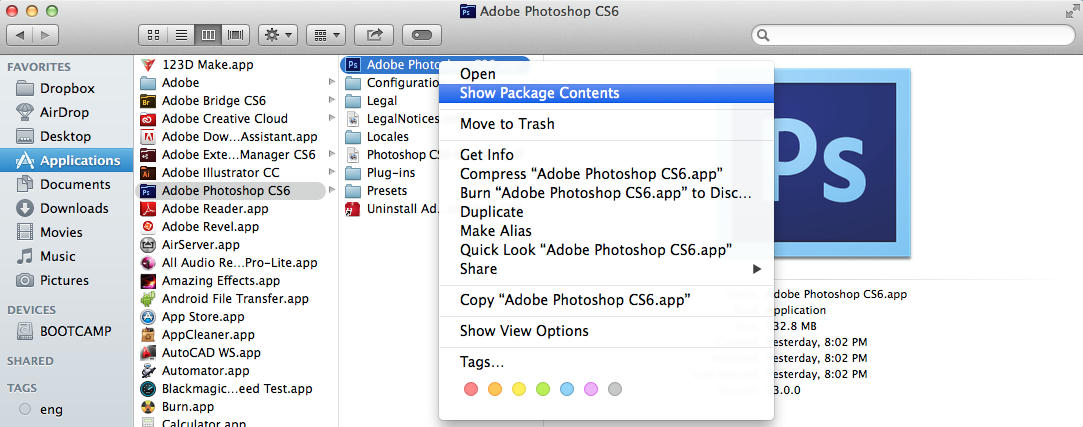Advanced Physics Steve Adams Jonathan Allday Pdf To Excel

Advanced Physics (Advanced Science) by Steve Adams & Jonathan Allday from OUP Oxford: and Physics (Collins Advanced Science) 3rd Edition by Kenneth Dobson from Collins Educational: Does anyone know any of these books? I find them very intriguing from their very high user review ratings, but I just can't find any information on them outside Amazon. I already own University Physics by Young and Freedman though, so I probably have all the topics covered, but looking at the table of contents of Advanced Physics I noticed that all subjects/subchapters fill consistently 2 pages. Bee gees odessa special edition torrent.
This may be good and bad, but the users seem to love it. If anything it could make for a good reference book. I don't know anything about Ken Dobsons Physics, you can't view the book, I cannot find any additional info either from google or the publishers official website. If anyone have worked with any of these books or know of them otherwise please tell me your impressions!:) The reason I'm even looking at these type of books is that I've become interested in teaching, either privately or at high-school in math/physics, so I thought it would be nice to have several different physics books each giving perhaps a little different perspective on things.
Advanced Physics, Steve Adams, Jonathan Allday, Nov 2, 2000, Science. Advanced Level Practical Work for Physics, Chris Mee, Mike Crundell, 2001. StruggleSams Teach Yourself Microsoft Office Excel 2003 in 24 Hours, Trudi. Written by experienced authors and members of the Editorial Board of the I.O.P., Advanced Physics maintains the rigors of physics at the highest levels in a style that makes it accessible to a wide range of students.

Sidenote: any suggestions on other books that might complement Young/Freedmans University Physics are welcome.
A great range of professionals is involved in physics education. At the heart of it all are teachers in colleges and schools, seeking to inspire the learner and to develop their own pedagogic skill. Funding bodies, senior management teams and government agencies shape the courses they teach. Writers and publishers of textbooks, CD-ROMs and web pages are constantly upgrading materials to attract and retain learners. Laboratory and equipment suppliers plan their next line of products, architects and managers dream of new buildings to replace our Victorian heritage. And, in this age of prescription and regulation, critically important to physics education are the designers of specifications, qualifications and frameworks who determine much of what people learn.
Increasingly this army of providers will be joined by broadcasters, museum planners and others. Outside the domain of qualifications, there is a widespread fascination with science, perhaps a growing one. There is strong interest in evolution, genetics and developmental biology, in ecology, earth science and the environment and in the areas of cosmology, particle physics and unified theories. I believe the fascination draws on people's desire to interpret and understand themselves and their surroundings. It is fuelled by the excitement of the ideas underlying science and graphic images that television is able to generate. Paradoxically, discussion of post-16 science education can be dispiriting.